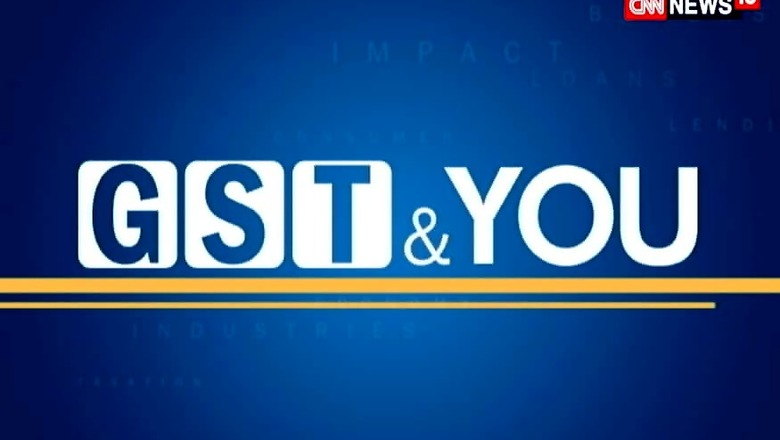
views
New Delhi: The revenue department has allowed businesses whose GST registration has been cancelled due to non-filing of tax returns to apply for its revocation by July 22, provided they file their pending returns and pay due taxes.
In a letter to field offices, the Central Board of Indirect Taxes and Customs (CBIC) said it is providing a "one-time opportunity" to apply for revocation of cancellation of GST registration by July 22, 2019, for the those entities for whom cancellation order has been passed up to March 31, 2019.
The CBIC said where the registration has been cancelled with effect from the date of the order, all returns due till the date of such cancellation are required to be furnished before the revocation application is filed.
In cases where the registration has been cancelled with retrospective effect, the CBIC has allowed filing of revocation application, subject to the condition that all returns relating to the period from the effective date of cancellation till the date of revocation order will be filed within a period of 30 days from the date of the revocation order.
The CBIC officers have recently cancelled a large number of registrations on account of non-compliance, including non-filing of returns.
Earlier this month, the CBIC had asked its field officers to be cautious while processing application for fresh GST registration by those businesses whose earlier registration has been cancelled due to non-compliance, as it sought to crack down on tax evaders.
The CBIC missive came after taxmen noticed that businesses whose registration has been cancelled continue to operate without any registration and are not applying for revocation and are instead applying for fresh registration, so as to evade taxes which were due under earlier registration.
About 1.2 crore businesses are registered under Goods and Services Tax (GST), which was rolled out on July 1, 2017.
AMRG & Associates Partner Rajat Mohan said: "Numerous MSME sector taxpayers are expected to take benefit of this opportunity who unknowingly stepped on the wrong side of tax laws and were served with punitive cancellation orders".


















Comments
0 comment